As a dog owner, you want to make sure that you’re feeding your furry friend foods that are safe and healthy. But sometimes, it can be hard to know what’s okay to give your pup and what’s not. One food that you may be wondering about is grits. Can dogs eat grits? The answer is yes….but. In this blog post, we’ll explore the question: can dogs can eat grits? We will also discuss what you should keep in mind if you decide to feed them to your pup. We’ll cover the nutritional content of grits, potential risks and health benefits too, alternatives to feeding your dog grits, and different types of grits and whether they’re safe for dogs to eat grits.
What Are Grits?
Grits, or corn grits, are a dish made from ground corn that’s been boiled in water or milk until it becomes a thick, creamy consistency. Cooked grits are a popular breakfast food in the southern United States.
Nutritionally, plain grits are high in carbohydrates and low in fat and protein. They also contain some vitamins and minerals, including iron and B vitamins.
While plain grits aren’t toxic to dogs, they’re not an essential part of a dog’s diet. Dogs are omnivores, which means that they can get all the nutrients they need from a balanced commercial dog food.
Benefits of Grits
As we mentioned earlier, grits are high in carbohydrates, which can provide dogs with energy. However, grits also contain other beneficial nutrients that can contribute to a well-balanced diet:
Iron
Grits are a good source of iron, which is essential for the production of red blood cells. Red blood cells carry oxygen throughout the body, so having enough iron is crucial for overall health.
B Vitamins
Grits contain several B vitamins, including thiamin, riboflavin, and niacin. These vitamins play important roles in metabolism and energy production. Thiamin, for example, is necessary for converting carbohydrates into energy, while riboflavin helps with the breakdown of fats and proteins.
Fiber
Grits contain a small amount of dietary fiber, which can help regulate digestion and promote gut health. However, most dogs require a minimal amount of fiber in their diet, so grits shouldn’t be relied on as a significant source of fiber.
Overall, while grits are not the most nutritious food for dogs, they can still provide some beneficial nutrients in moderation.
Risks of Grits
While grits are generally safe for dogs to eat, there are a few risks dog owners have to be aware of:
Harmful Ingredients
Many well cooked grits and recipes contain harmful ingredients like garlic or onion powder, which can damage a dog’s red blood cells and cause anemia. Some recipes may also contain high amounts of salt or sugar, which can be harmful if dogs eat in excess.
Always check the ingredient list before dogs eat grits of any type, and make sure they don’t contain any potentially harmful ingredients.
High in Carbohydrates
Grits are high in carbohydrates, which can contribute to weight gain and other health problems if fed to dogs in excess. While dogs require some carbohydrates in their diet, they don’t need as much as humans do.
If you do decide to feed your dog grits, make sure to do so in moderation and account for the carbohydrate content in their overall diet.
Medical Conditions
If your dog has any medical conditions, like diabetes or kidney or heart disease or, you should consult with your veterinarian before feeding them grits. In some cases, the carbohydrates in grits may be a concern for dogs with certain health issues.
Your vet can advise you on whether or not grits are safe for your dog’s stomach, and suggest alternative foods if necessary.
Overall, while grits can be a tasty treat for dogs, they should be fed in moderation and with caution. As with any human food, it’s essential to read the ingredient list and consider your dog’s individual nutritional needs and health status before feeding them grits. By doing so, you can ensure that your furry friend is getting the nutrients they need without risking their health.
Can Dogs Eat Grits in Moderation?
As with many human foods, grits can be safe for dogs to eat in moderation. The appropriate portion size and frequency of feeding grits to your dog will depend on their individual nutritional needs and any medical conditions they may have.
If you do decide to feed your dog grits, it’s important to make sure that they’re plain and free of any potentially harmful ingredients. You can also add some healthy toppings, such as cooked chicken or veggies, to plain grits to make the dish more nutritious for your pup.
However, keep in mind that grits should not be a significant part of your dog’s diet. Feeding your dog too many carbohydrates can lead to weight gain, which can put extra stress on their joints and lead to other health problems.
Different Types of Grits
Grits come in different varieties, including white, yellow, and blue. They can also be made from different types of whole corn kernels, such as hominy or stone-ground cornmeal.
Here’s a breakdown of different types of grits and whether they’re safe for dogs to eat:
White Grits
White grits are the most common type of grits and are made from ground white corn. While white grits aren’t toxic to dogs, they’re not the most nutritious food for them. White grits are high in carbohydrates and low in protein and fat.
This means that they don’t provide dogs with the essential nutrients that they need to thrive. While it’s okay to give your dog a small amount of white grits as a treat, it’s not something that they should be eating regularly.
Yellow Grits
Yellow grits are similar to white grits but are made from yellow corn. Yellow grits are safe for dogs to eat in moderation, but they’re still not the most nutritious food for them. Like white grits, yellow grits are high in carbohydrates and low in protein and fat.
If you decide to feed your dog corn or yellow grits, make sure that they’re plain and free of any harmful ingredients.
Blue Grits
Blue grits are made from blue corn and have a slightly different flavor and texture than white or yellow grits. While blue grits are safe to feed your dog in moderation, they are not the most nutritious meal for them.
Similar to white and yellow grits, blue grits contain high levels of carbohydrates while being low in protein and fat. Taking extra care when feeding your pup this food is important – ensure that it’s plain with no unhealthy additives!
Stone-Ground Grits
Stone-ground grits are made from whole-grain corn that’s been ground between two stones. They’re coarser in texture than regular grits and take longer to cook. Carefully crafted stone-ground corn grits can be a safe and tasty snack for your pup in moderation, but do bear in mind that they are higher in carbohydrates than protein or fat. Before serving these to your four-legged friend, check them thoroughly for any potentially hazardous additives – plain is best!
Hominy Grits
Hominy grits are made from hominy, which is corn that’s been treated with salt an alkali to remove the hull and germ. While hominy grits are generally safe for your pup to consume in moderation, keep in mind that the carbohydrates found in them can be a bit high. Additionally, they offer little nutritional value with minimal protein and saturated fat content.
If pet parents do choose to feed your dog this type of snack, make sure to only purchase plain versions free from any added ingredients that may not agree with your canine’s dietary needs.
Cheese Grits
Cheese grits make for a delicious snack your pup will love, but they should be served in moderation due to their high fat and calorie content. Ensure you are only feeding them plain cheese grits with no added ingredients such as garlic or onion powder that can prove detrimental to your canine companion’s health.
Sugar Grits
Should dogs eat sugar grits? No, dogs should not eat sugar grits. Sugar grits are high in carbohydrates and can be difficult for dogs to digest. Additionally, too much sugar can lead to health issues such as obesity and diabetes. If you want to give your dog a treat it is best to find one that is specifically made for canine consumption or opt for healthier options.
Alternatives to Feeding Dogs Grits
While grits can be a tasty treat for dogs in moderation, there are plenty of other foods that are safer and healthier and dog owners had better let dogs eat.
Some examples of dog-friendly human foods include:
Lean Meats Like Chicken or Turkey
These meats are a great source of protein for dogs, and they’re low in carbohydrates, making them an excellent alternative to grits.
Fruits Like Apples and Bananas
Many fruits are safe for dogs to eat and provide them with vitamins, minerals, and fiber. Apples and bananas are two examples of fruits that are safe and healthy for dogs.
Vegetables Like Carrots and Green Beans
Vegetables are another great source of nutritional benefits like vitamins, minerals, and fiber for dogs. Carrots and green beans are two examples of vegetables that are safe and healthy that dogs to eat.
These foods are all low in carbohydrates and high in nutrients that dogs need to stay healthy.
Before introducing any new foods to your dog’s diet, make sure to do your research and consult with your vet to ensure that they’re safe and appropriate for your pup.
Conclusion
So, can dogs eat grits? The answer yes, but it depends on your dog’s individual nutritional needs and any medical conditions they may have. While grits themselves aren’t toxic to dogs, many recipes contain ingredients that are harmful to pups, and they can contribute to weight gain and other health problems if fed in excess.
If you do decide to feed your dog grits, make sure to do so in moderation and consult with your vet to ensure that you’re doing so safely and appropriately. It’s essential to remember that dogs have different nutritional requirements than humans, and what might be a healthy food for us might not be suitable for them.
Therefore, always stick to a well-balanced, high-quality dog food that meets your dog’s nutritional needs and supplement it with safe, dog-friendly human foods in moderation.
If you ever have any questions or concerns about your dog’s diet, always consult with your veterinarian. They can provide you with personalized advice based on your dog’s specific needs and help you make the best decisions for your furry friend’s health and well-being.


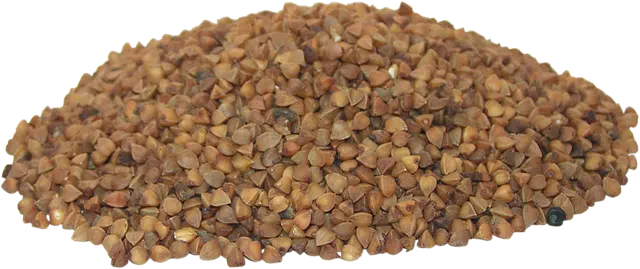


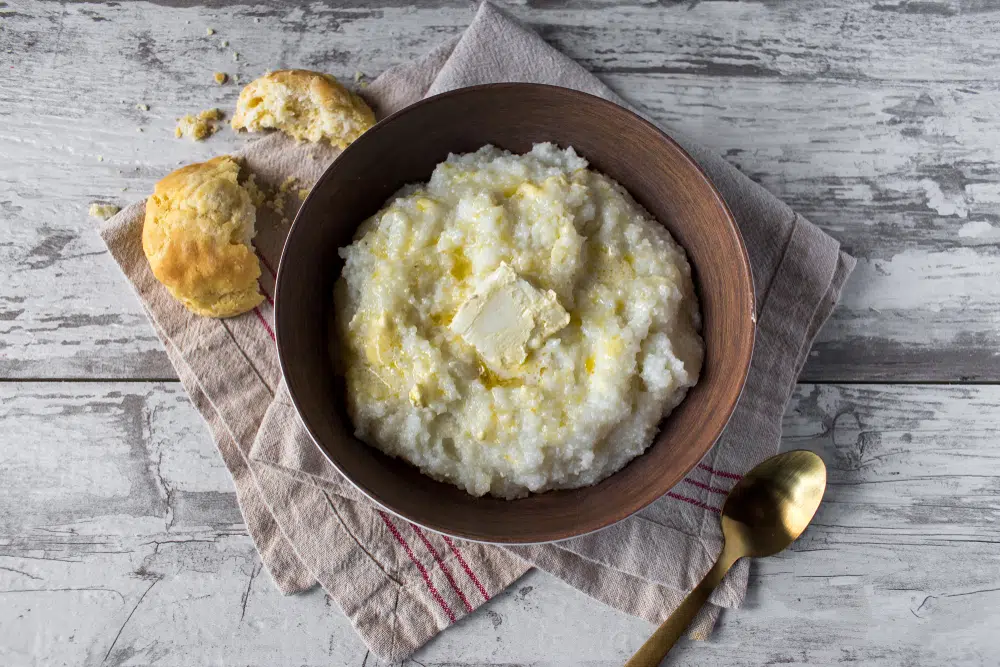
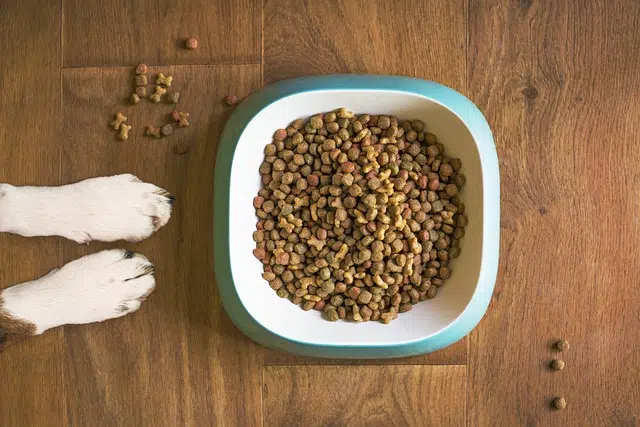

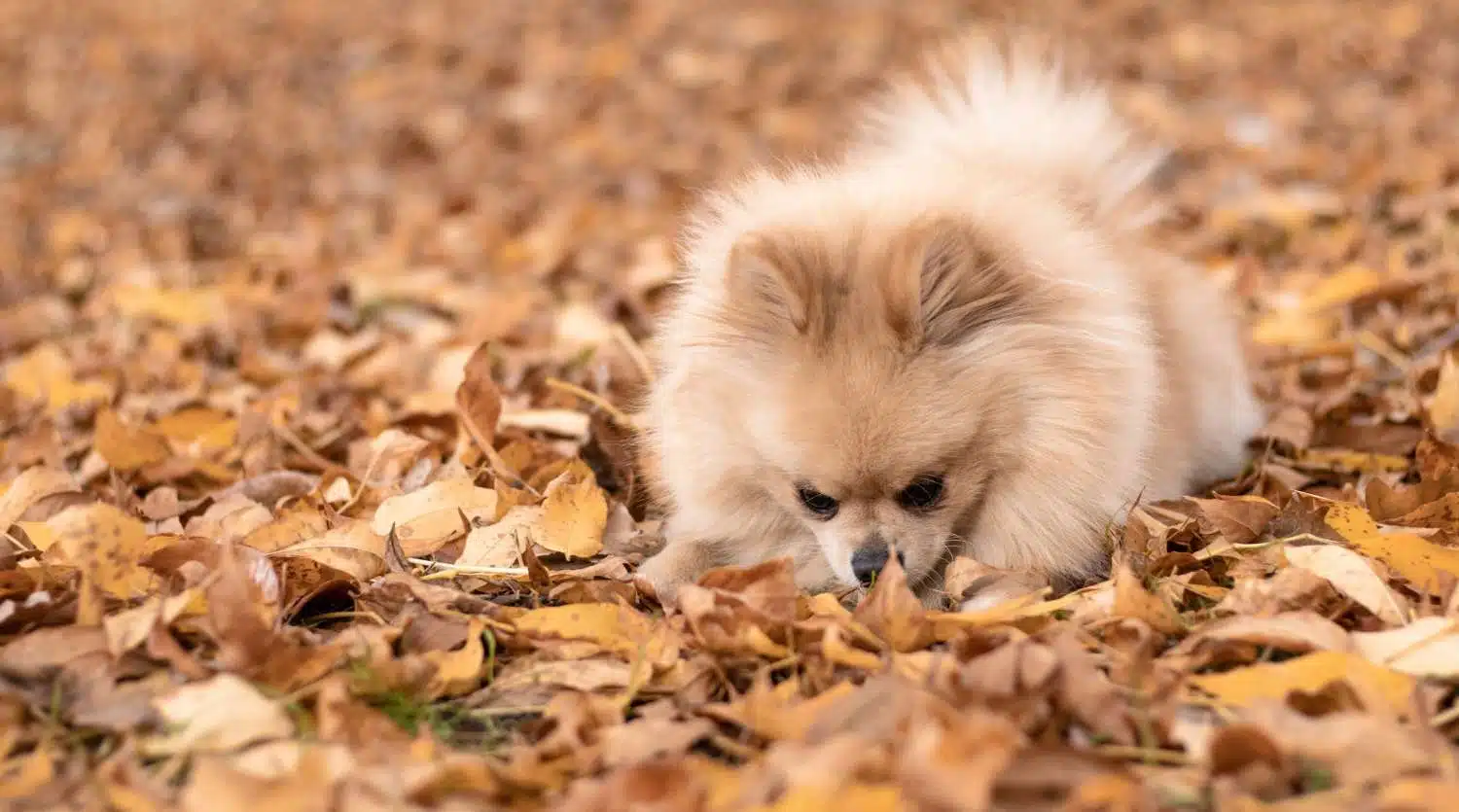

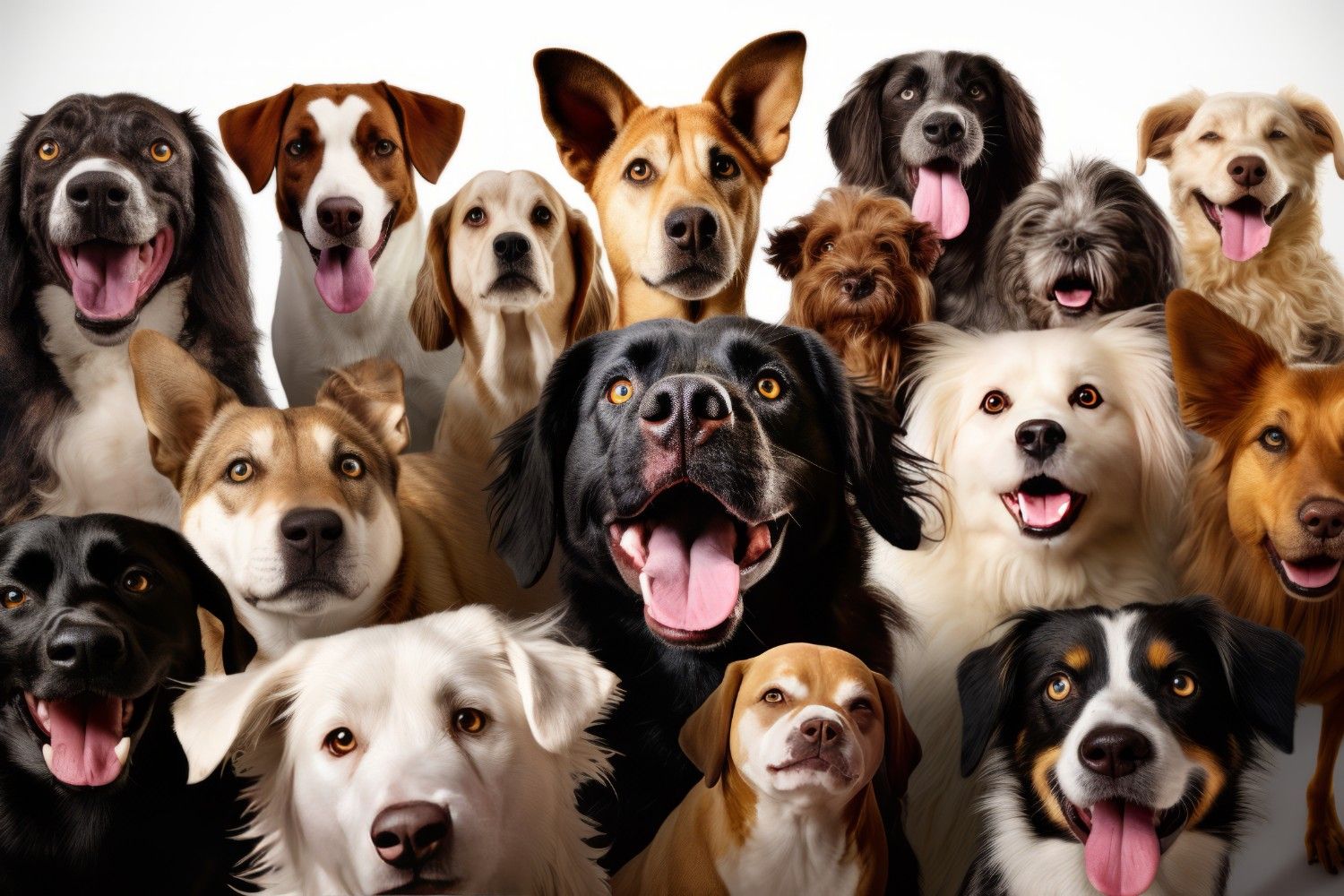

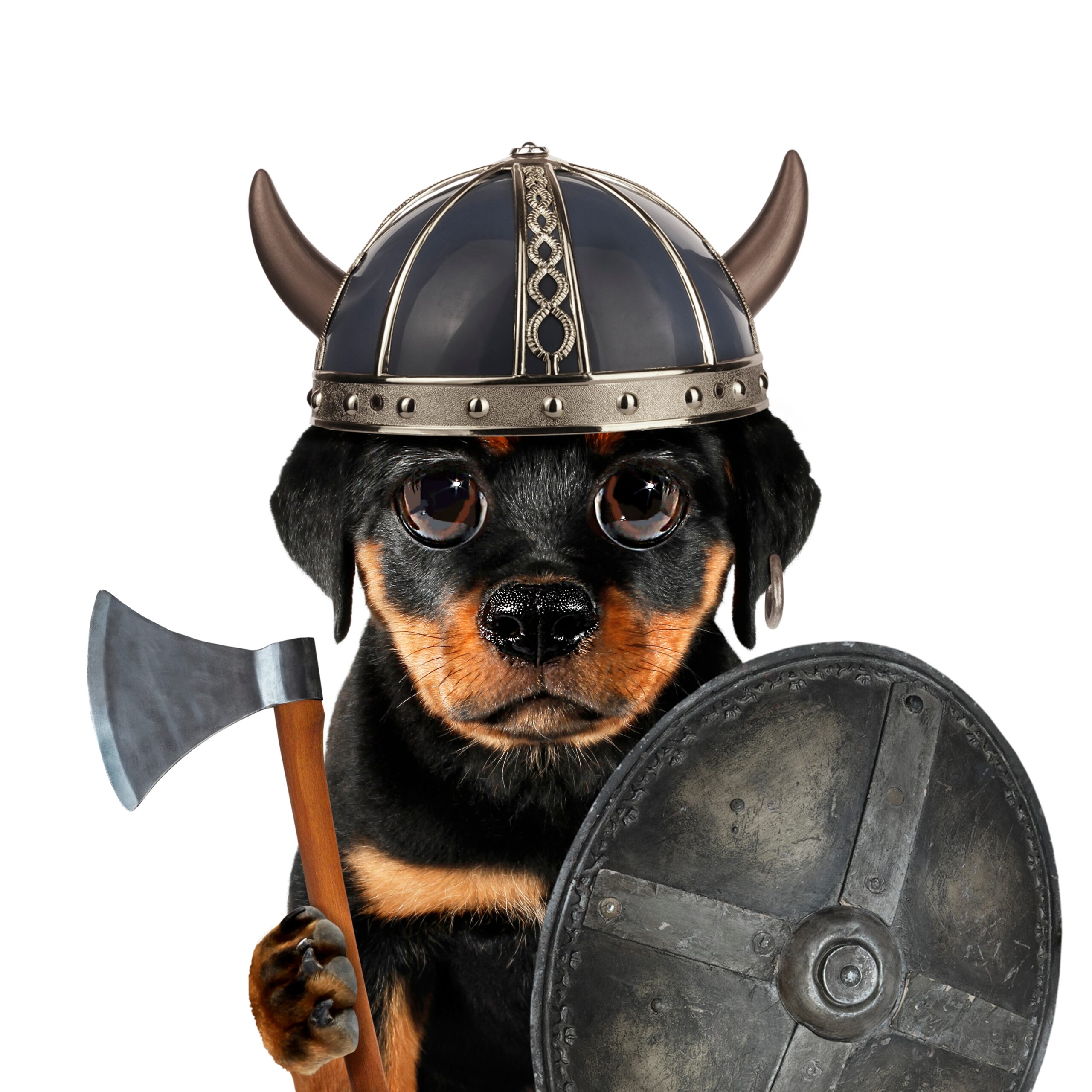

Get involved!
Comments